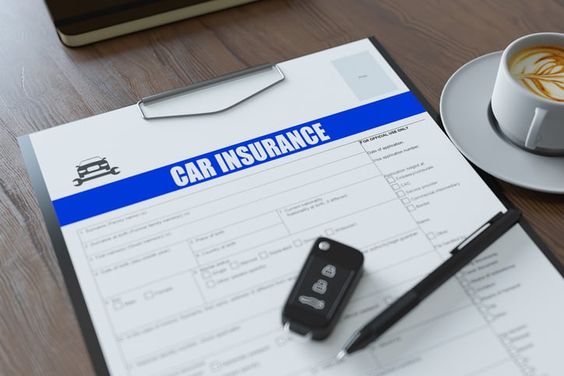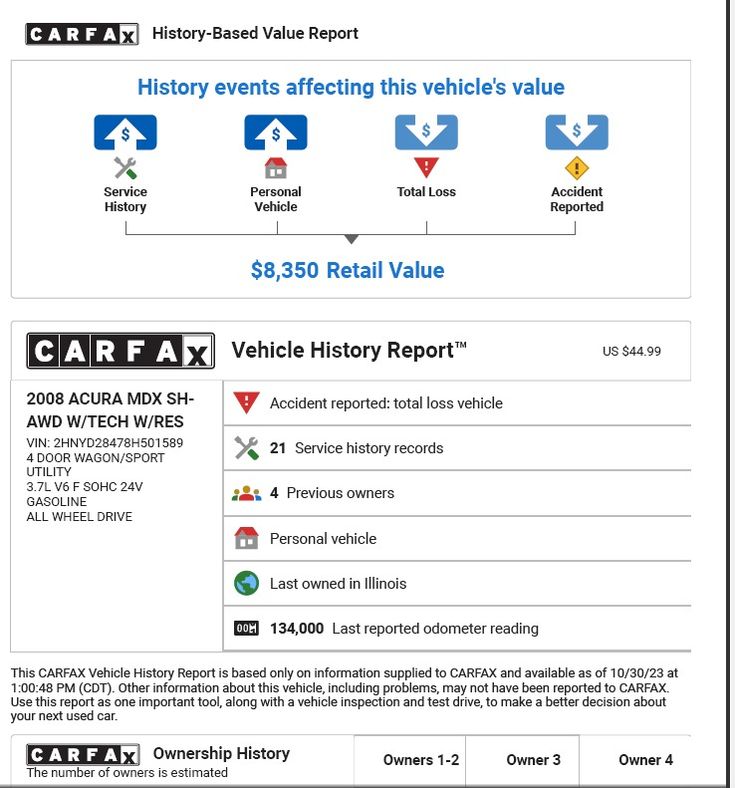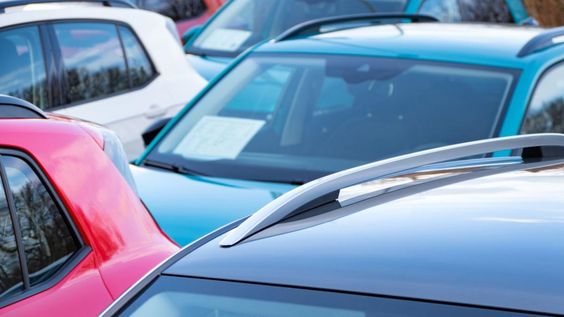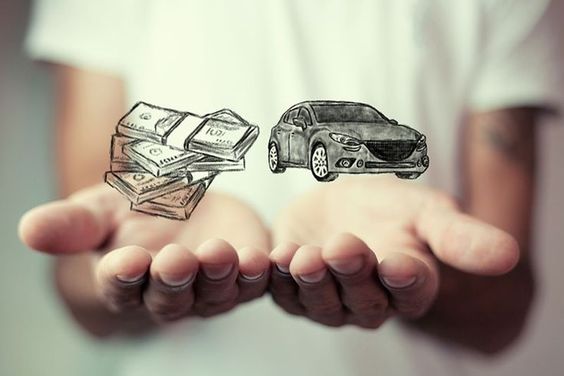Introduction:
Buying a used car can be a great way to save money, but it also comes with the risk of getting a "lemon" - a vehicle with major problems that will cost you more in repairs than it's worth. Knowing how to spot a lemon car before you buy it can save you a lot of headaches and money down the road. This guide will equip you with the knowledge and tools to make an informed decision and avoid a costly mistake.
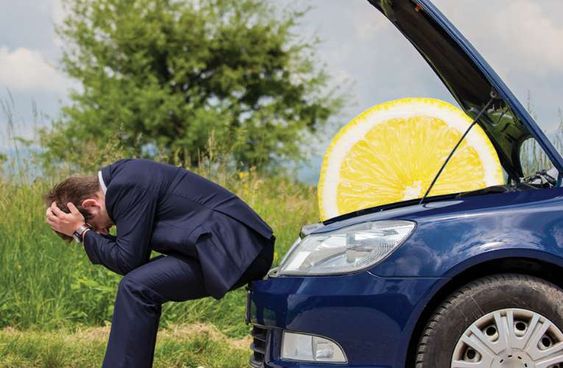
Inspecting the Exterior:
The exterior of a car can reveal a lot about its history and potential problems. Start by looking for signs of damage, such as dents, scratches, and rust. These can indicate that the car has been in an accident or has been poorly maintained. Also, check the paint job for inconsistencies, which could be a sign of a repaint, possibly hiding damage. Pay attention to the tires - uneven wear patterns can indicate alignment issues, while cracked or dry tires suggest neglect.
Checking the Interior:
The interior of a car can also provide clues about its condition. Look for signs of wear and tear, such as worn seats, stained carpets, and cracked dashboard. These can indicate that the car has been driven a lot or has been poorly cared for. Also, check the functionality of all the features, including the air conditioning, heater, radio, and lights. Any malfunctions could indicate potential problems.
Taking it for a Test Drive:
A test drive is essential for assessing a car's performance and identifying any potential problems. Pay attention to how the car handles, accelerates, and brakes. Listen for any unusual noises, such as rattling, grinding, or squealing. Also, check the gauges for any warning lights or unusual readings. If you notice any issues, don't be afraid to ask the seller about them.
Getting a Pre-Purchase Inspection:
The best way to ensure you're not buying a lemon is to get a pre-purchase inspection from a qualified mechanic. A mechanic can thoroughly inspect the car and identify any potential problems that may not be obvious to the untrained eye. This investment can save you thousands of dollars in repairs down the road.
Conclusion:
Buying a used car can be a great way to save money, but it's important to be cautious and do your research. By following these tips, you can increase your chances of finding a reliable car that will serve you well for years to come. Remember, a little extra effort upfront can save you a lot of stress and money in the long run.

